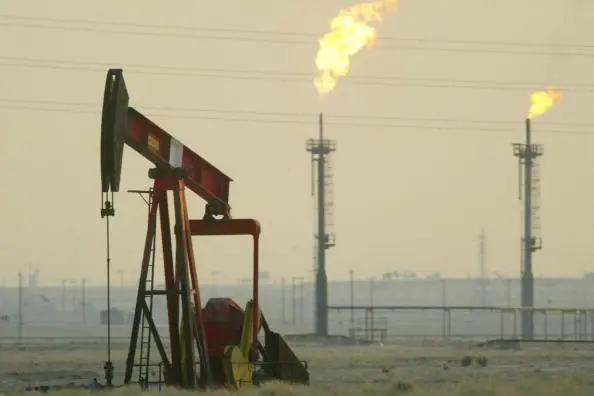PHOTO
RIYADH: Saudi Arabia’s 2019 budget is undoubtedly ambitious — but is it realistic? That was a key question being asked on the sidelines of a forum held on Wednesday in Riyadh, where government ministers discussed how next year’s spending plan would play out.
According to the budget, Saudi Arabia will boost spending by about 7 percent to $295 billion in 2019, yet also reduce the deficit by 4.2 percent. Oil revenues are expected to reach $176.5 billion, compared with $162 billion this year.
That means oil is forecast to account for 68 percent of total state revenues next year. But as the Finance Ministry has not disclosed the average oil price on which its forecasts are based, it raises the question: Is the revenue forecast attainable, given the recent crash in energy prices?
Economists are split on the matter. Some have deduced that the budget assumes an oil price of up to $80 a barrel next year — a significant hike from today’s Brent contracts of around $56 — and so the revenue forecast is unrealistic. Some say the budget is achievable because oil prices are currently “irrationally depressed.” Others claim it does not matter so much as the government can fall back on its vast reserves, or issue new debt.
For Ehsan Khoman, head of regional research at the Dubai branch of Japanese bank MUFG, the budget statement is “overly ambitious.” He estimates that it is based on an assumed oil price of between $78 and $80 a barrel.
“The (Ministry of Finance) has ignored the precipitous decline in oil prices in the past two months and maintained the same headline expenditure target for 2019, which they had announced in a pre-budget statement in October when Brent crude oil prices were hovering around $80-85,” Khoman wrote in a note.
Ziad Daoud, chief Middle East economist for Bloomberg Economics, agreed that the Saudi budget assumes an oil price as high as $80. That, he said, is unrealistic.
“Oil prices have averaged $72 so far in 2018 — a figure unlikely to be reached in 2019. Brent crude is trading below $60 and the futures curve is currently implying an average of $59 in 2019,” said Daoud. “In our view, revenue growth and therefore the overall (budget) deficit numbers are optimistic, especially against the backdrop of lower oil prices and production cuts by OPEC members.
“Withdrawing subsidies (to citizens in Saudi Arabia) is unlikely to plug that gap. The options here are either to lower spending and accept slower economic growth or miss its deficit target. We expect Saudi Arabia to opt for the latter.”
Another economic researcher disagreed, saying that the budget projections are achievable.
Mazen Alsudairi, head of research at Al Rajhi Bank, estimates that the budget is based on oil prices of around $70 a barrel. That is still considerably more than today’s prices — although Alsudairi maintains the current levels are unreasonably low.
“We see (the Saudi fiscal revenue targets) as achievable, because right now oil prices are irrationally depressed and unsustainable at these levels,” he said.
Even if the oil price does not increase significantly, another economist said Saudi Arabia is well placed to cushion the blow.
Jason Tuvey, senior emerging markets economist at London-based Capital Economics, said in a note that a forecast of $80 oil in 2019 is “optimistic.”
“The authorities, no doubt, are hoping that the recent OPEC agreement to cut oil output from the start of next year will provide a lift to prices. But we think that this optimism is misplaced and our forecast is that Brent will fall further to $55 per barrel by the end of 2019,” he wrote.
“A wider-than-expected deficit would not cause too many problems. The government should be able to finance it easily either through drawing down its reserves at the central bank, SAMA, or issuing more debt.”
For one of the key architects of the Saudi budget, however, the forecasts are viable.
Minister of Finance Mohammed Al-Jadaan declined to specify what oil price the Saudi budget assumes. But he told Arab News that the projections laid out in the document are attainable.
“We stress-tested various scenarios on the oil price under the budget, and what we have put is actually a reasonable projection from our perspective,” Al-Jadaan said.
“It is a very realistic budget — I would not present an unrealistic budget, my friend.”
Copyright: Arab News © 2018 All rights reserved. Provided by SyndiGate Media Inc. (Syndigate.info).





















